Posted: July 30, 2024 by Jacob Marks in Advice/Perspectives, Money tips, Protect, online banking risks, safest way to bank online, safety tips for online banking
Six tips for safe online banking
Online banking is easy and convenient, but while there are many benefits, online banking risks do exist, stemming from exploitative scammers, fraudsters and hackers.
Safe online banking is the standard at ACU, which has industry-leading capabilities in fraud prevention, cybersecurity and high-risk transaction protections in place. Powerful encryption tools ensure your data is secure, and our account security practices make sure you are the only one who knows the credentials, username and password to access your account. (Our employees will never ask for this information.)
While ACU has a robust suite of tools to protect you and your money, when it comes to the safest way to bank online, we can’t do it alone. We need your help.
Follow these six tips to vastly improve the security of your online banking and avoid becoming a victim.
1. Use strong, unique passwords
The more complex your password, the harder it is to guess. If you’re using “Summer2024” to get into your online banking account, consider changing it to something less obvious.

Use a good variety of letters, numbers, symbols and capitalization to make your password much more difficult to guess. And don’t repeat passwords across accounts—that way, should someone manage to crack your password, the impact is confined to just one online account instead of several.
We also recommend changing your passwords on a regular basis.
2. Enable two-factor authentication
Two-factor authentication (2FA) adds another layer of security to ensure safe online banking, and is a major factor in deterring cybercrime. In most cases, 2FA is triggered when you login. First, you’ll enter your login information as normal. Then, you’ll be prompted to enter another credential before you are granted access to your online account. That second credential is often a PIN code sent to you via email or text, however, there are other verified methods of authentication. It’s like having two passwords instead of one, effectively doubling your protection.
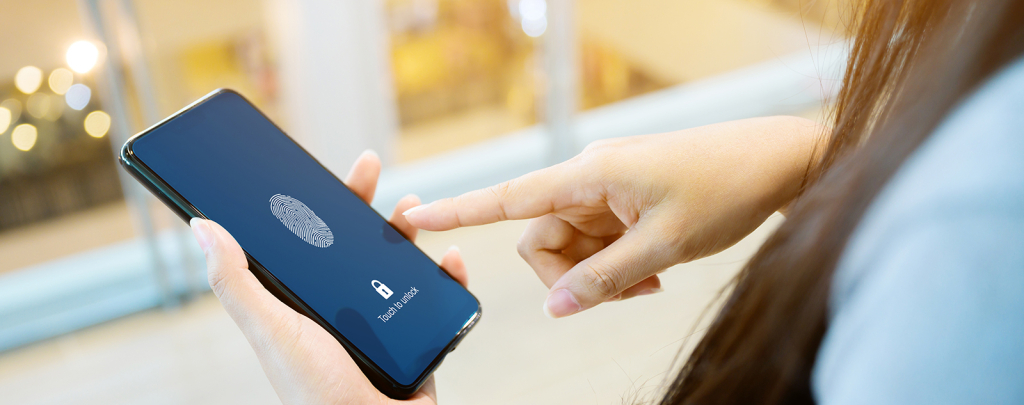
We also recommend setting up the biometrics on your phone to log into your digital banking app.
3. Sign up for banking alerts
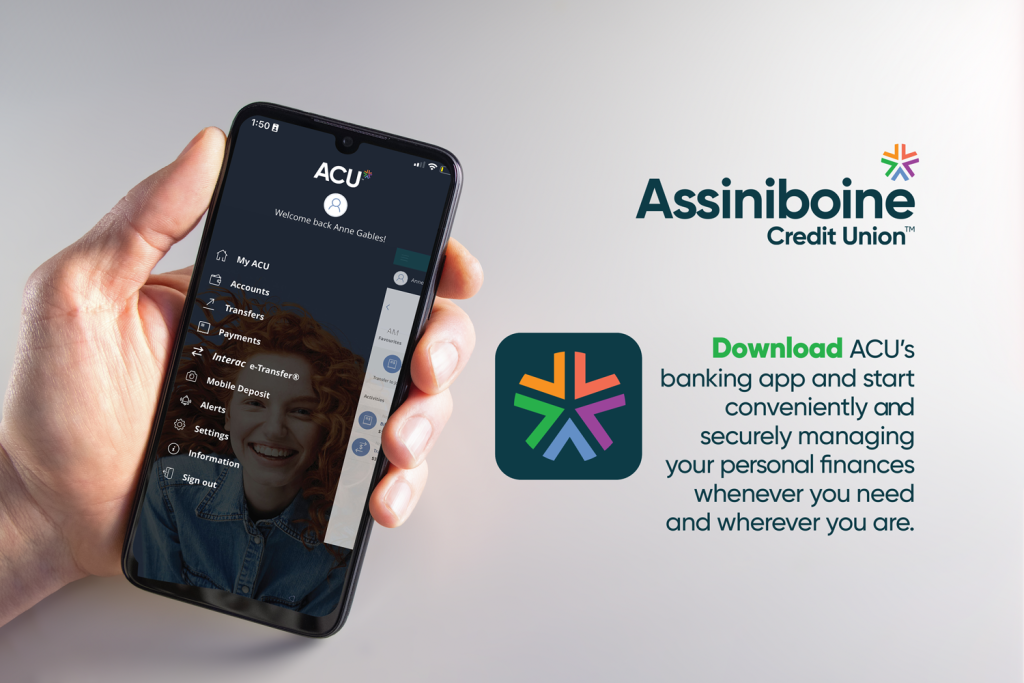
ACU members can configure their online account to trigger mobile alerts for certain actions. From within the mobile app’s ‘Alert Settings’ and the online account portal’s ‘My Account’ menu, you can customize the alerts you want to receive about your account, including notifications for:
- Changes to your password
- Successful logins
- New biometric access
- Password attempts
- Deposits and withdrawals
- Balance updates
- Insufficient funds warning
- Failed transactions
4. Avoid public and unsecured Wi-Fi
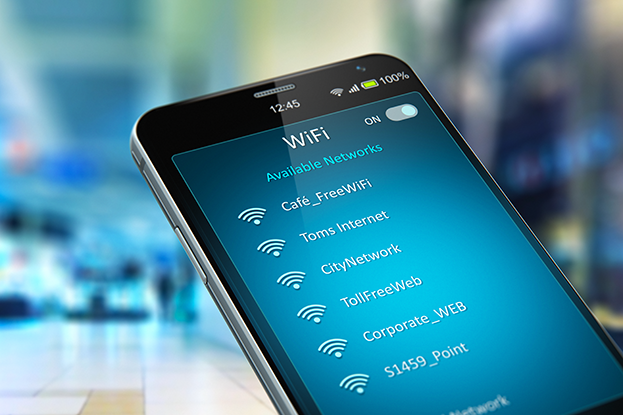
Free Wi-Fi in coffee shops and airports is great for browsing, listening to music or watching online videos, but potentially dangerous for online banking. Hackers, scammers and cybercriminals can use unsecured Wi-Fi networks to infect your devices with spyware and malware programs to steal your information, record your keystrokes and even watch what you do online.
5. Keep your software updated
It can be easy to get behind on software updates. Maybe you don’t have time to plug your device in, or you want to wait until you’re on Wi-Fi to download the latest operating system. Whatever the reason, time goes by and you forget about it—then before you know it, you’re several versions behind.
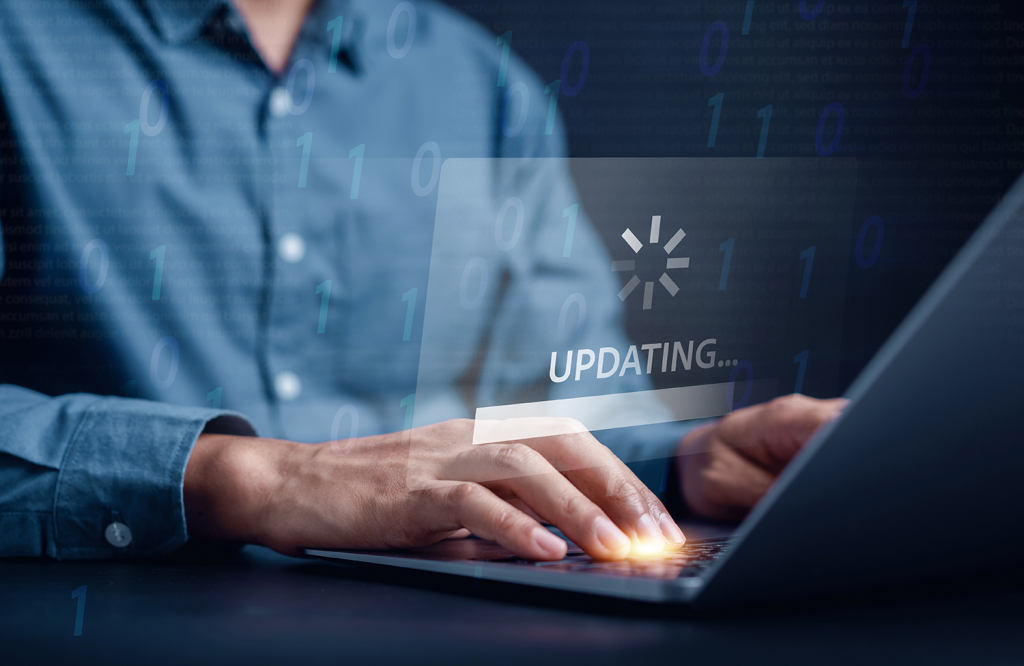
But those updates are essential for safe online banking. Often, the software manufacturer or developer will push out updates that patch vulnerabilities that could have been exploited by malicious actors.
If you’re not up to date, you’re vulnerable to those online banking risks. To help keep your data secure, keep all your connected devices updated. That includes phones, tablets, computers, gaming consoles, smart TVs and any other device with an Internet connection.
6. Watch out for phishing
Phishing is a type of social engineering in which a malicious actor uses deceptive tactics, such as a fraudulent text message, to trick their victim into revealing sensitive information or to deploy malicious software, like ransomware.
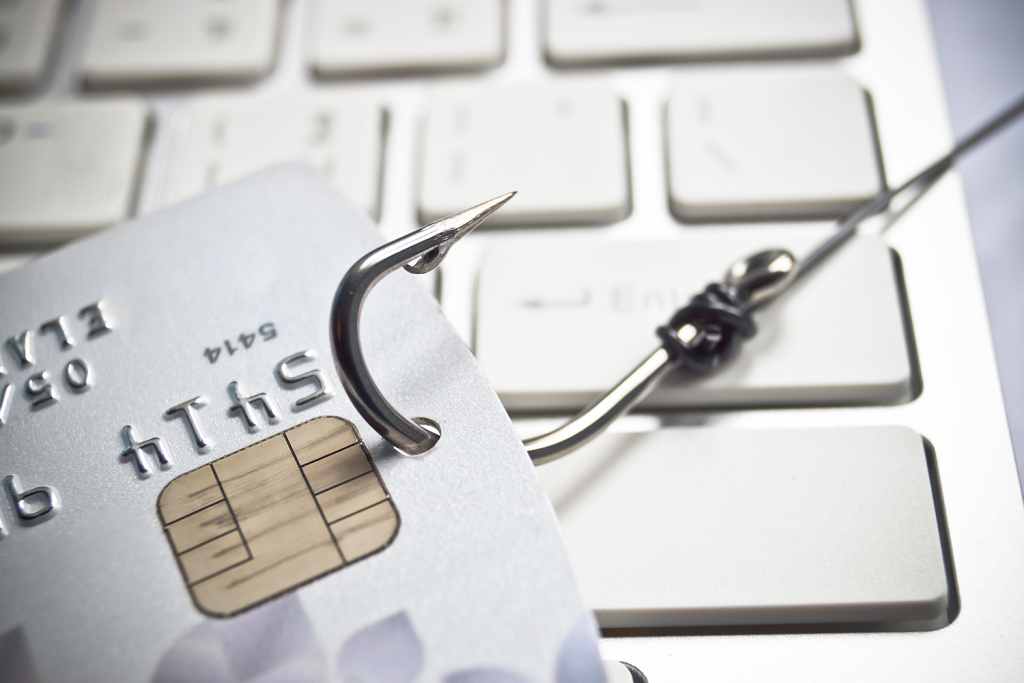
It’s pervasive because it’s so easy for people to fall victim to. With the amount of digital communication flying around daily, it’s not hard to click the wrong link or send the wrong information over email, SMS or instant message.
These safety tips for online banking will help you spot phishing attempts:
- Verify links before you click or tap
- Verify email addresses
- Be wary of email attachments
- Avoid sending sensitive information via text or email
- Limit the amount of personal information you keep online
- Obey the golden rule: when in doubt, don’t engage
Safe online banking with ACU


Following the tips above will set you on the path to safe and convenient online banking.
ACU members can get started with online banking right now—and if you’re not yet a member, join today to start reaping the benefits of banking with ACU.
Up Next
Community stories
Read more ›
Celebrating the 10th anniversary of student-run credit union
Just over 10 years ago, a survey circulated at Winnipeg’s Technical Vocational High School. The results showed that students at the school, commonly known as Tec Voc, felt short-changed—they were…
Borrow, Business growth, Community stories
Read more ›
Kilter Brewing Co. serves up craft beer and community connection in St. Boniface
Deep in the heart of St. Boniface, Kilter Brewing Company is a hidden treasure—an oasis for Winnipeggers to escape their day-to-day routines, enjoy craft beer and connect with their community….
Borrow, General, Money tips
Read more ›
How to use a mortgage calculator to budget better
Learn how to use ACU’s mortgage calculator to figure out how much mortgage you can afford, and what budget you should set before you start house hunting. A mortgage lender…











